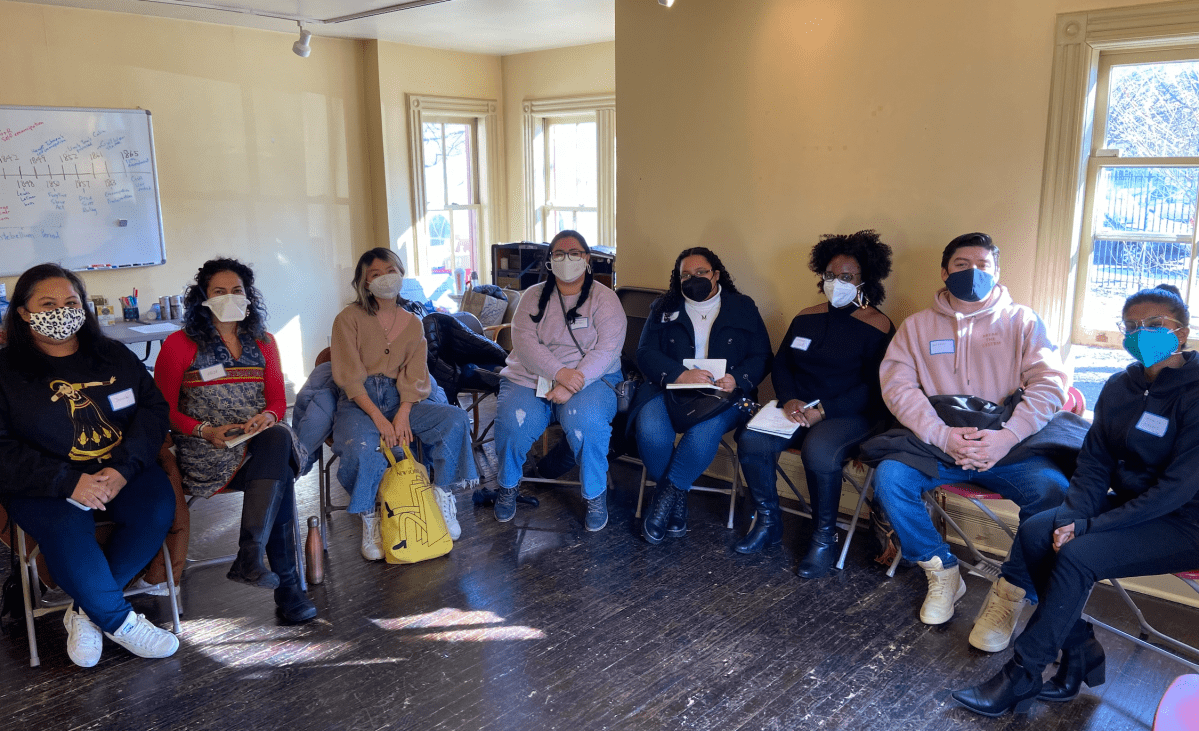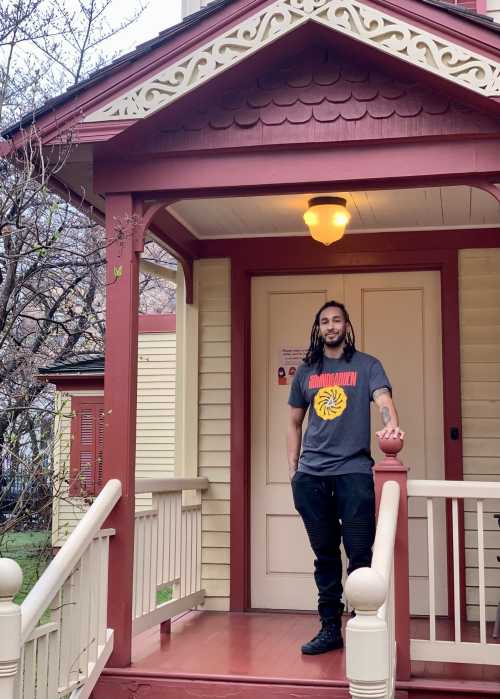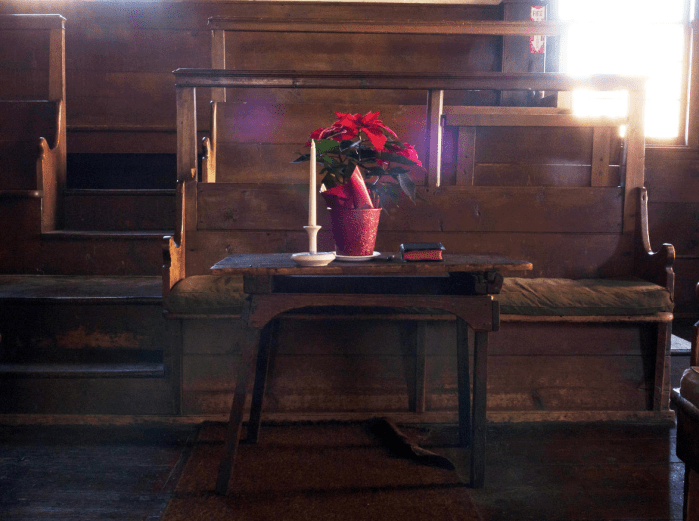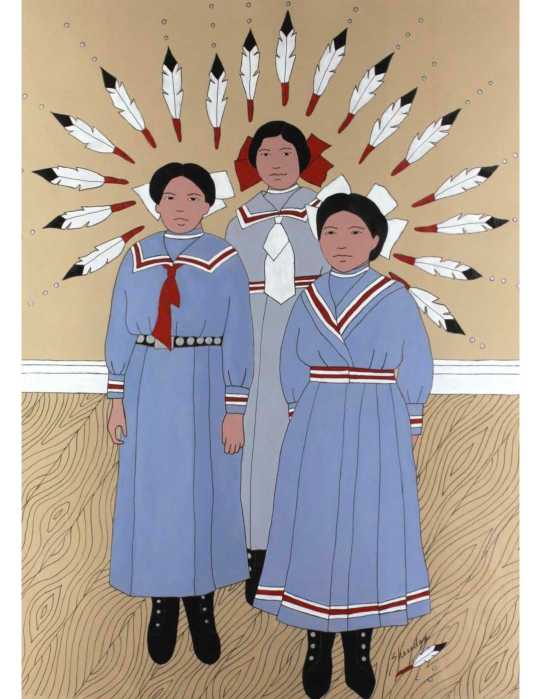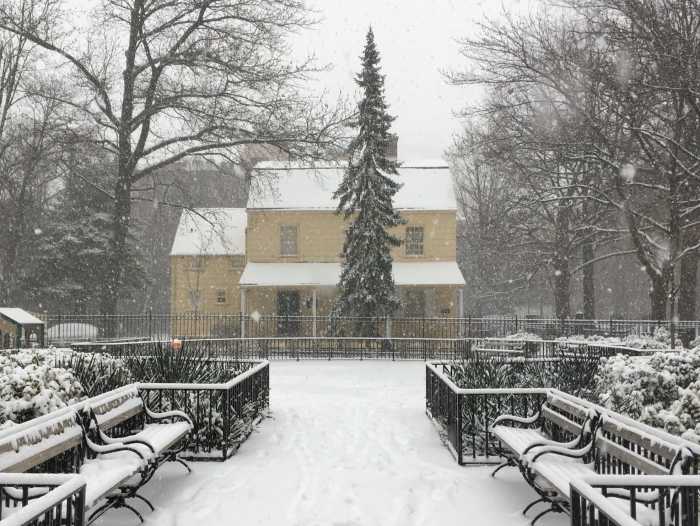The Lewis Latimer House Museum in Flushing will host a free public reading event with eight writers from Queens who will share their stories through writing on the topics of race and immigration on Saturday, June 4, from 2:30 to 4:30 p.m.
The event will take place at Lewis Latimer House Museum located at 34-41 137th St. “An Afternoon of Memoir” is the culmination of a workshop series, Memoir and Autobiographical Writing: Race & Immigration, taught by writer Abeer Hoque, a Nigerian-born Bangladeshi American writer and photographer.
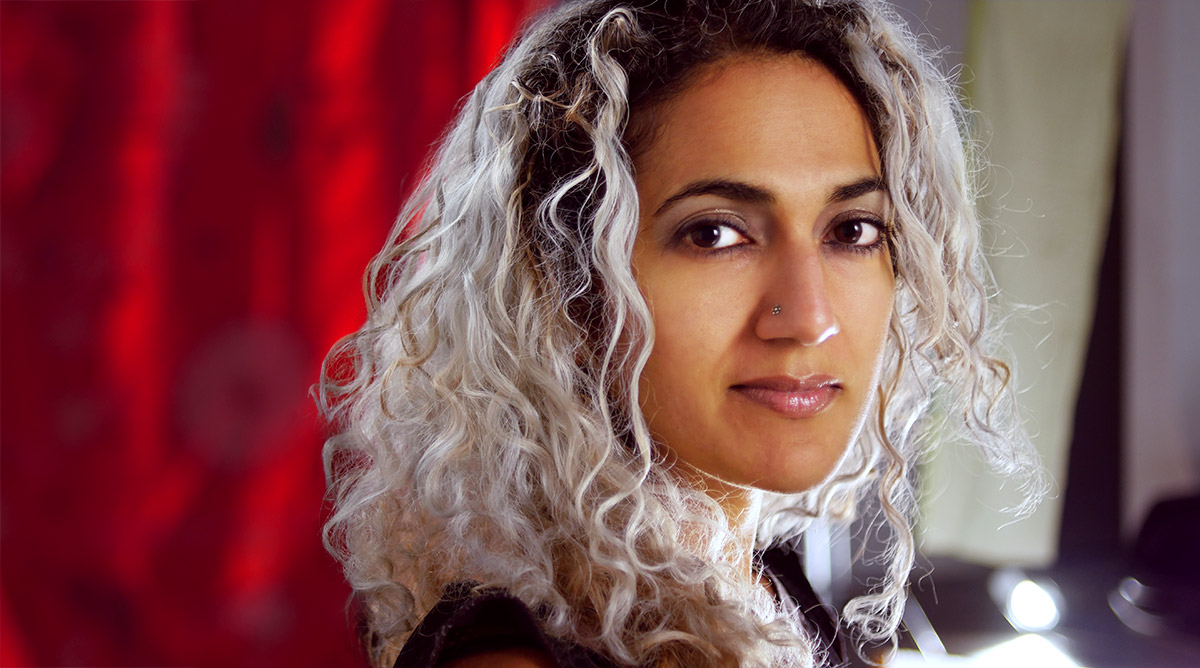
“I’ve been teaching this workshop since 2019. One of my favorite things about it, and I have many, is how it showcases the incredible and diverse borough that Queens is. Our current cohort hails from at least eight countries around the world,” Hoque said. “I think personal stories are one way to change the world, the act of witness through art. It’s a privilege and a gift to hear their stories and nurture their writing.”
Many of the workshop participants hope to get their final pieces published.
Ahalia Persaud, one of the eight participants selected to receive a full scholarship from Lewis Latimer House Museum to take part in the workshop series, encouraged others to share their stories.
“During the pandemic, I felt like I missed out on community, but with this opportunity, I was able to join an intimate group of writers of color who have a lot to say about our experiences related to immigration,” Persaud said. “The most rewarding aspect of this workshop was reading stories so similar to mine that unfortunately are not in the dominant media.”
Participant Marlena Matute’s main goal coming into the workshop was to learn more about the craft of memoir writing and how it differs from fiction with the hope that she would be able to see how best to shape and share her own story.
“I came into this workshop wanting to learn about memoir writing as I’ve found myself reading more of them during my late 20s and even more so now that I’m in my early 30s. I attempted writing an autobiographical piece a few years ago and it ended up getting published in an anthology. I wasn’t too happy with it,” Matute said. “Thankfully, I was able to use this workshop as an opportunity to rework that old text into something more reflective of me as well as being more within my particular writing style.”
According to Matute, she has been playing around with the idea of publishing a memoir for years but became distracted with working on an autobiographical work of fiction over the last five years. While she wishes to still continue working on that, her experience with the workshop has brought back a desire to work on her memoir again.
Matute plans to use the free-write piece she submitted for her final workshop round as the foundation for a longer-form work that she hopes will be published one day.
Matute added that she gained more confidence in her writing style, thanks to the feedback received from the rest of the class and the instructor.
“From my first draft to the latest, there is clear growth to be seen and I am so proud of that! I can’t wait to see how far I can go now with everything that I’ve learned,” Matute said.
For participant Roxanne Scott, one of the most rewarding aspects of the program was going through the revision process.
“I learned how multiple points of feedback can help a story. It was insightful to see what different readers took away from a piece,” Scott said. “This helped to know what readers were connecting with and what aspects of the story to ‘lean into’ more.’”
Scott said she appreciates the guidance she received from Hoque during the writing process and learning from fellow writers on how to be brave and unapologetic when it comes to “showing up on the page.”
“I wrote this for a Queens audience and I hope that it can live somewhere that caters to people from the borough,” Scott said. “I think this approach is one of many ways to contribute to the literary and artistic landscape of Queens.”
Sonia Rodriguez was able to complete a full draft of a personal essay.
“The most rewarding aspect is being able to revise the essay. I’ve had the ideas and stories for the essay floating in my head for a while and I’m proud I was able to make something beautiful out of all of it,” Rodriguez said. “I will submit the personal essay to literary magazines and hope for publication. I will continue to work on the piece until it finds a home.”

